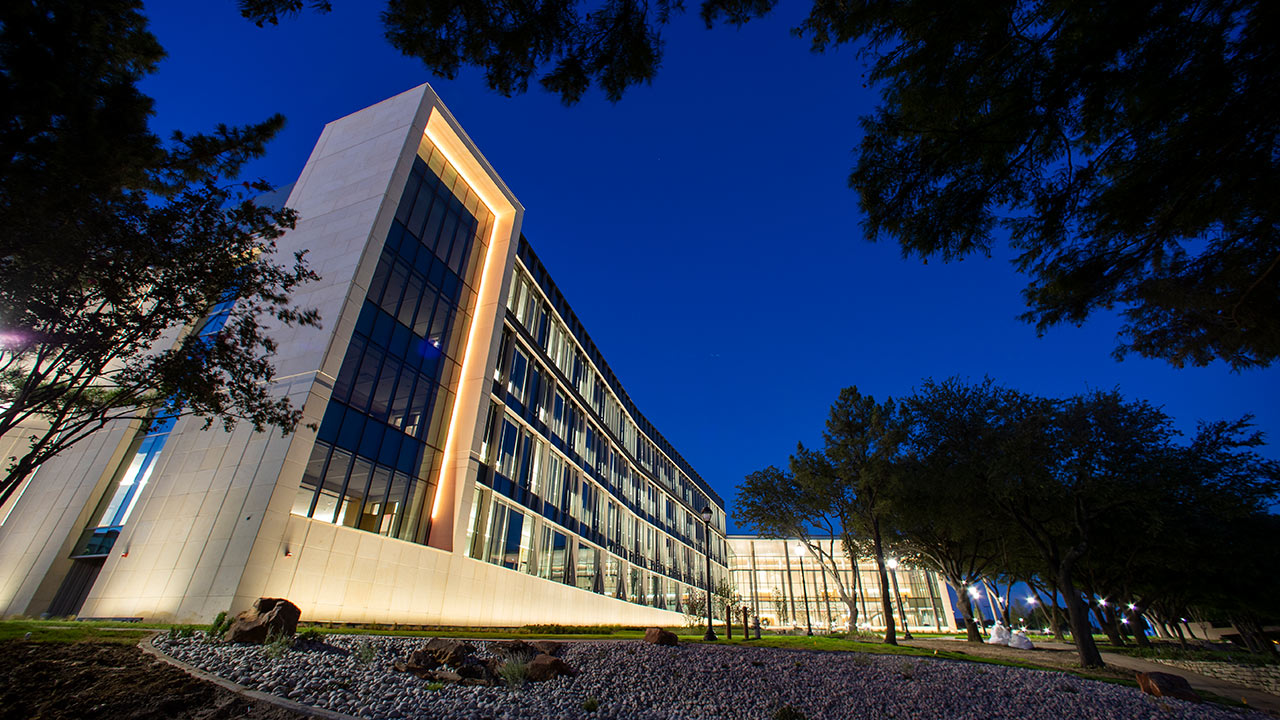Recombinant DNA - IBC
All projects involving recombinant DNA, regardless of funding, must be reviewed by the UT Arlington Institutional Biosafety Committee (IBC) prior to initiation.
The University of Texas at Arlington complies with the NIH Guidelines for Research Involving Recombinant and Synthetic Nucleic Acid Molecules. In addition, UT Arlington follows the guidance found in Biosafety in Microbiological and Biomedical Laboratories, CDC/NIH.
Applicability
In the context of the NIH Guidelines, recombinant and synthetic nucleic acids are defined as: (i) molecules that a) are constructed by joining nucleic acid molecules and b) that can replicate in a living cell, i.e., recombinant nucleic acids; (ii) nucleic acid molecules that are chemically or by other means synthesized or amplified, including those that are chemically modified but can base pair with naturally occurring nucleic acid molecules, i.e., synthetic nucleic acids; or (iii) molecules that result from the replication of those described in (i) or (ii) above.
Genomic DNA of plants and bacteria that have acquired a transposable element, even if the latter was donated from a recombinant vector no longer present, are not subject to the NIH Guidelines unless the transposon itself contains recombinant DNA.
For assistance or additional information, including meeting times and locations, contact the Office of Regulatory Services: 817-272-3723 or regulatoryservices@uta.edu
